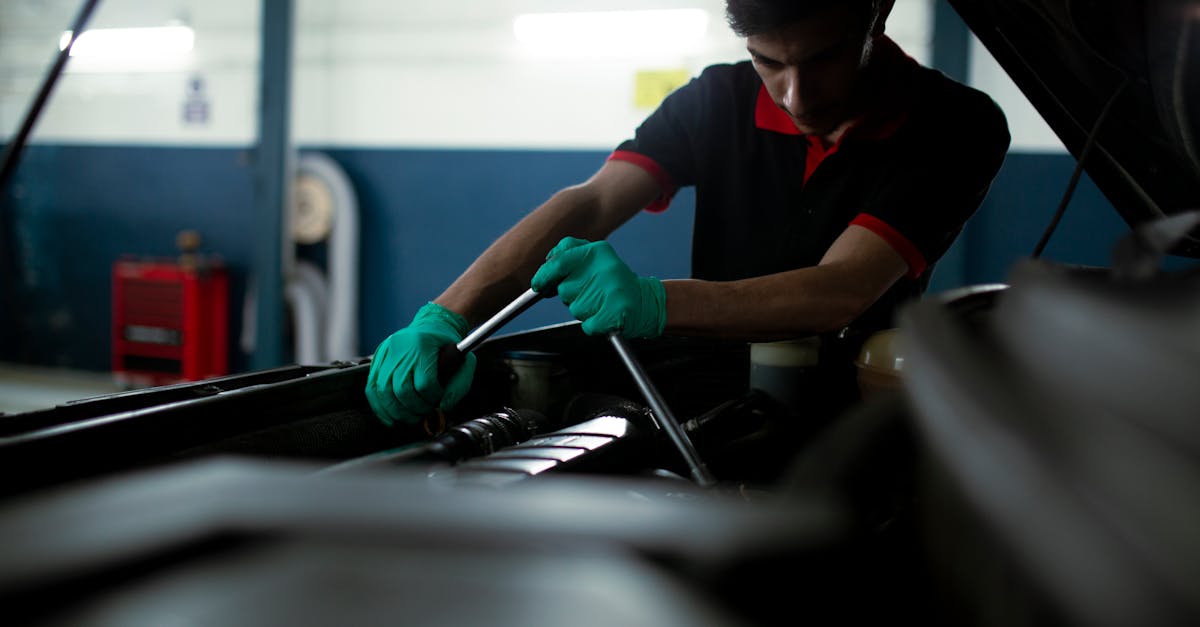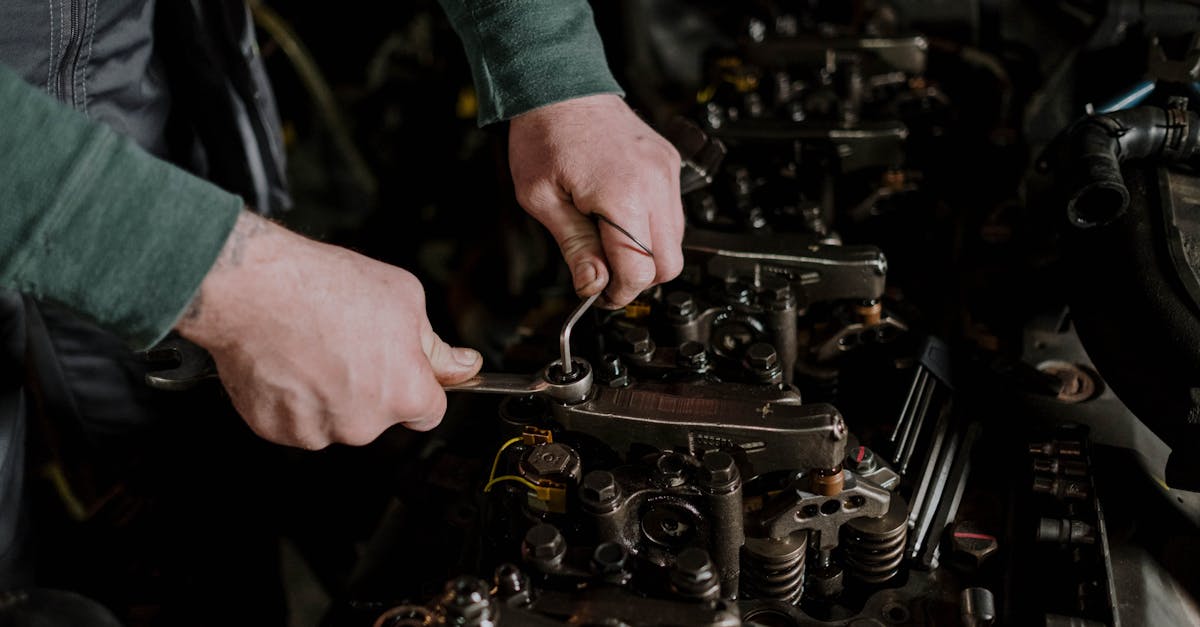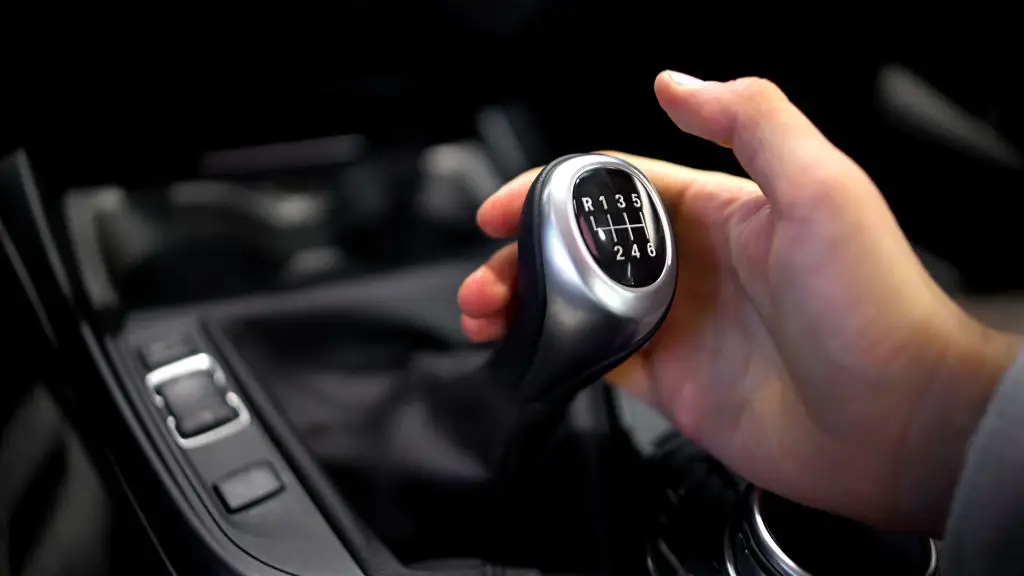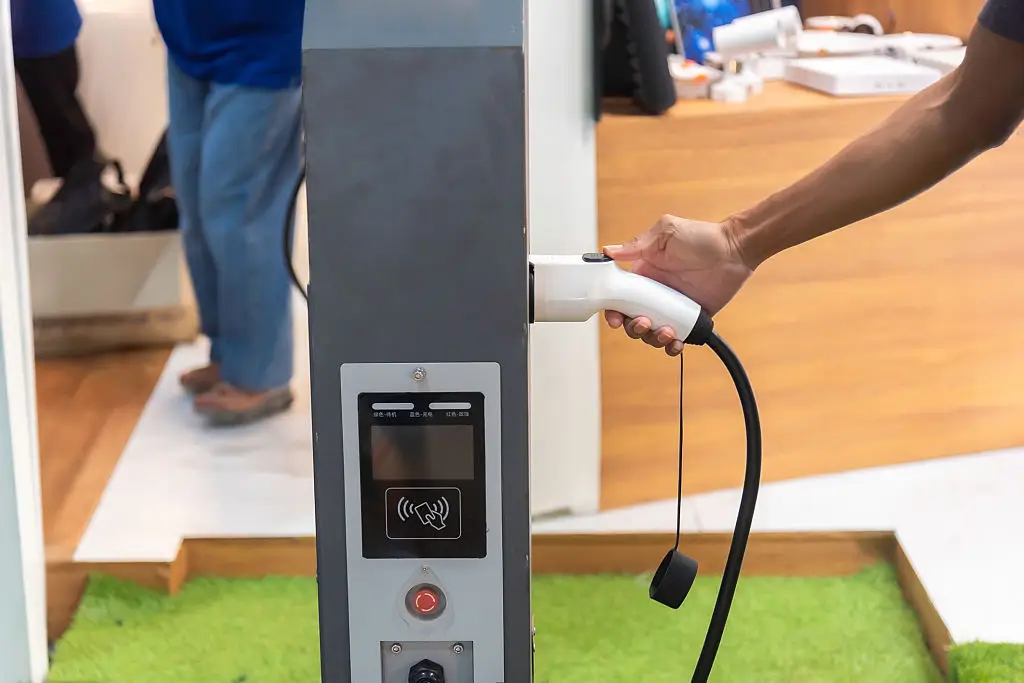Pump and Pay Less: 9 Little-Known Tricks to Drastically Improve Your Gas Mileage
As gas prices continue to fluctuate, drivers are constantly searching for ways to stretch every gallon of fuel. Improving your vehicle's gas mileage isn't just about saving money; it's about making smarter choices that contribute to a more sustainable future. This article will explore nine little-known tricks that can drastically improve your gas mileage, helping you pump and pay less. From maintenance tips to driving habits, each section will delve into practical strategies that not only enhance fuel efficiency but also extend the life of your vehicle. Let's embark on this journey to smarter, more economical driving.
The Power of Proper Tire Inflation
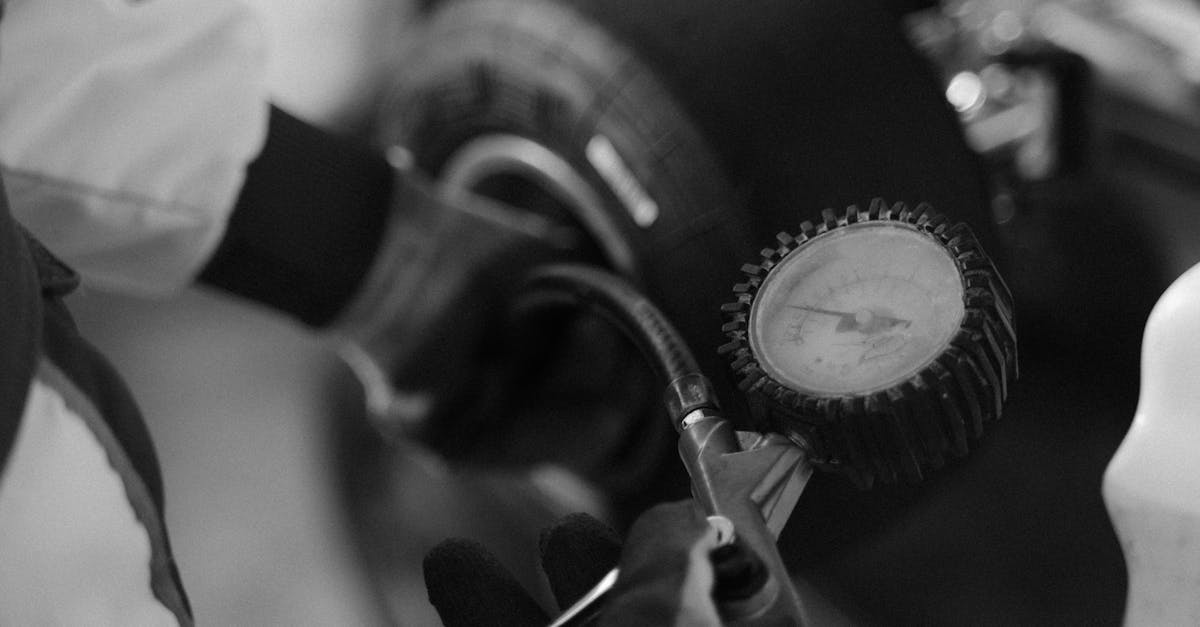
One of the simplest yet most effective ways to improve your gas mileage is by maintaining proper tire inflation. Under-inflated tires create more rolling resistance, forcing your engine to work harder and consume more fuel. By checking your tire pressure regularly and ensuring it aligns with the manufacturer's recommendations, you can increase your fuel efficiency by up to 3%. Additionally, properly inflated tires improve vehicle handling and safety, providing a smoother ride. Investing in a quality tire pressure gauge and making it a habit to check your tires monthly can lead to significant savings at the pump.
The Role of Regular Maintenance

Routine vehicle maintenance is crucial for optimizing gas mileage. Regular oil changes, air filter replacements, and spark plug inspections keep your engine running smoothly and efficiently. Dirty air filters can reduce airflow to the engine, causing it to burn more fuel. Similarly, worn-out spark plugs can lead to misfires and decreased engine performance. By adhering to your vehicle's maintenance schedule, you ensure that your engine operates at peak efficiency, reducing fuel consumption. This not only saves money but also extends the life of your vehicle, making regular maintenance a wise investment.
The Impact of Aerodynamics
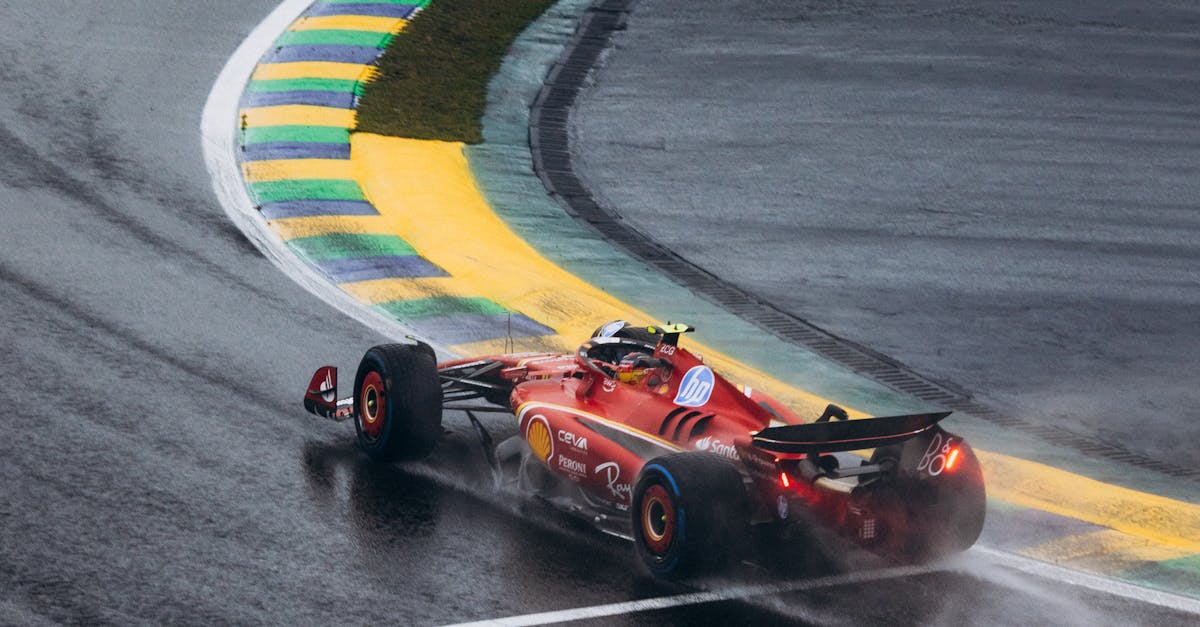
Aerodynamics plays a significant role in fuel efficiency, especially at highway speeds. Roof racks, bike carriers, and other external attachments increase drag, forcing your engine to work harder. Removing these items when not in use can improve your gas mileage by up to 8%. Additionally, keeping windows closed at high speeds reduces wind resistance. For those who frequently drive on highways, considering aerodynamic modifications, such as installing a rear spoiler or using low-profile tires, can further enhance fuel efficiency. Paying attention to your vehicle's aerodynamics is an easy way to reduce fuel consumption.
The Art of Smooth Driving

Aggressive driving behaviors, such as rapid acceleration, hard braking, and speeding, can significantly decrease your gas mileage. By adopting a smoother driving style, you can improve fuel efficiency by up to 33% on the highway and 5% in the city. Anticipating traffic conditions, maintaining a steady speed, and using cruise control on long stretches of road are effective strategies for conserving fuel. Not only does smooth driving save gas, but it also reduces wear and tear on your vehicle, leading to fewer repairs and a longer lifespan. Embracing these habits can transform your driving experience.
The Benefits of Reducing Weight
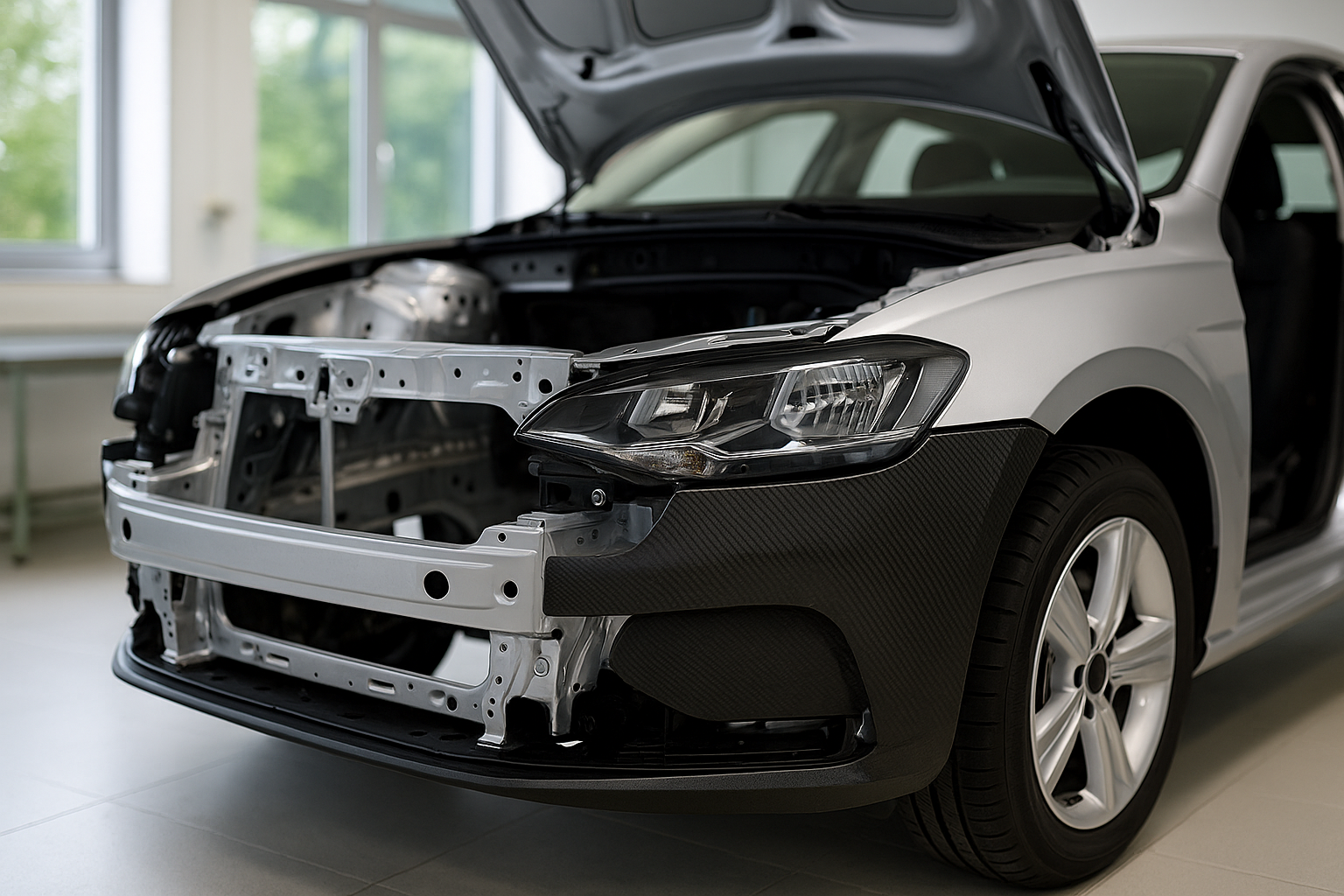
Every extra pound in your vehicle requires more energy to move, impacting fuel efficiency. By removing unnecessary items from your trunk and cabin, you can improve your gas mileage by up to 2% for every 100 pounds removed. This might seem small, but the savings add up over time. Consider keeping only essential items in your car and regularly decluttering your vehicle. For families or those who frequently carry heavy loads, being mindful of weight distribution can also enhance handling and safety. Lightening your load is a simple yet effective way to save on fuel costs.
The Significance of Fuel Quality
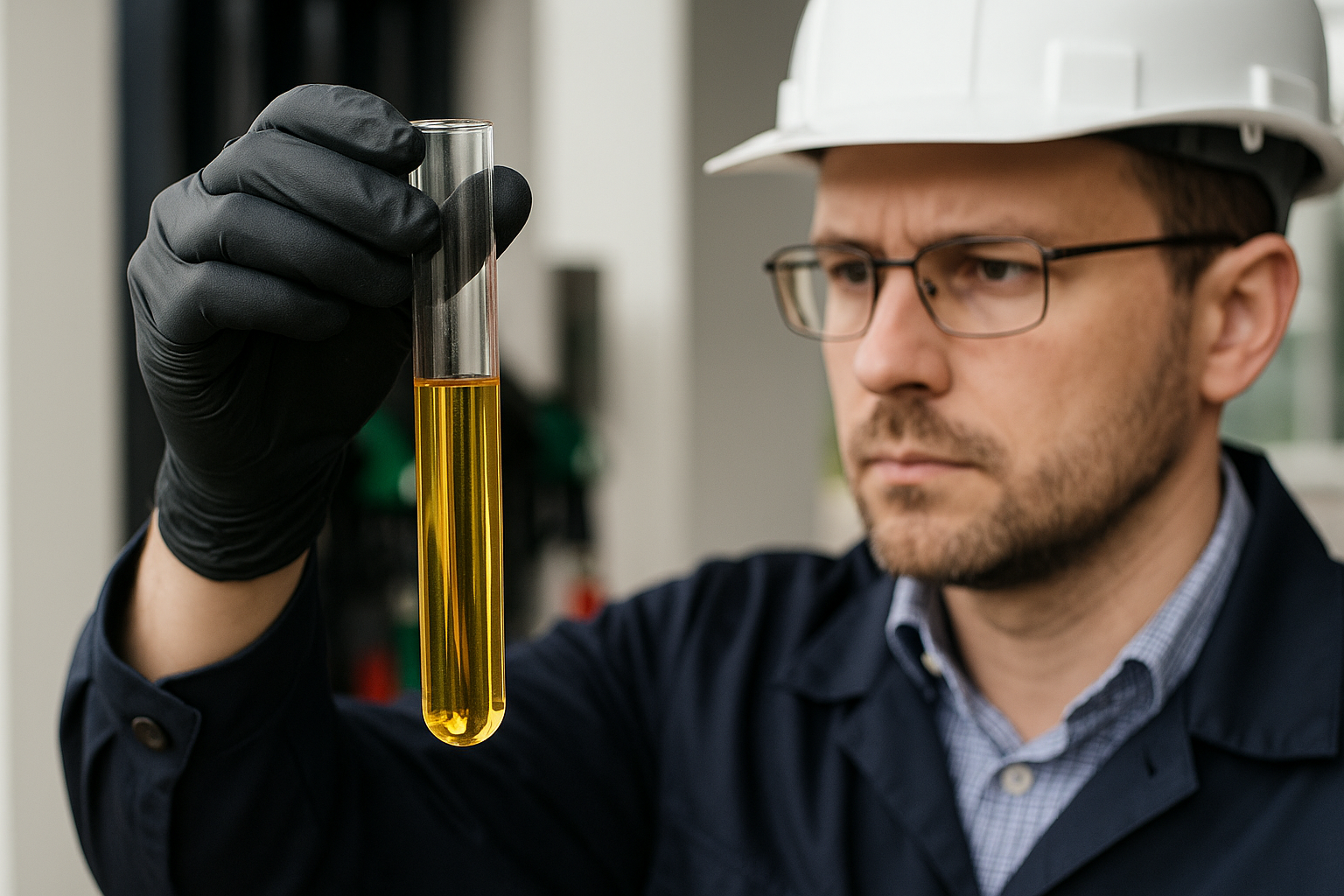
Not all fuels are created equal, and using the right type of gasoline can affect your vehicle's performance and fuel efficiency. Check your owner's manual to determine the recommended octane level for your car. Using a higher octane fuel than necessary offers no additional benefits and can be a waste of money. Additionally, choosing fuels with cleaning additives can help keep your engine free of deposits, maintaining optimal performance. While premium fuels can be beneficial for high-performance engines, most vehicles run efficiently on regular unleaded gasoline. Understanding fuel quality ensures you're getting the best mileage possible.
The Influence of Engine Warm-Up
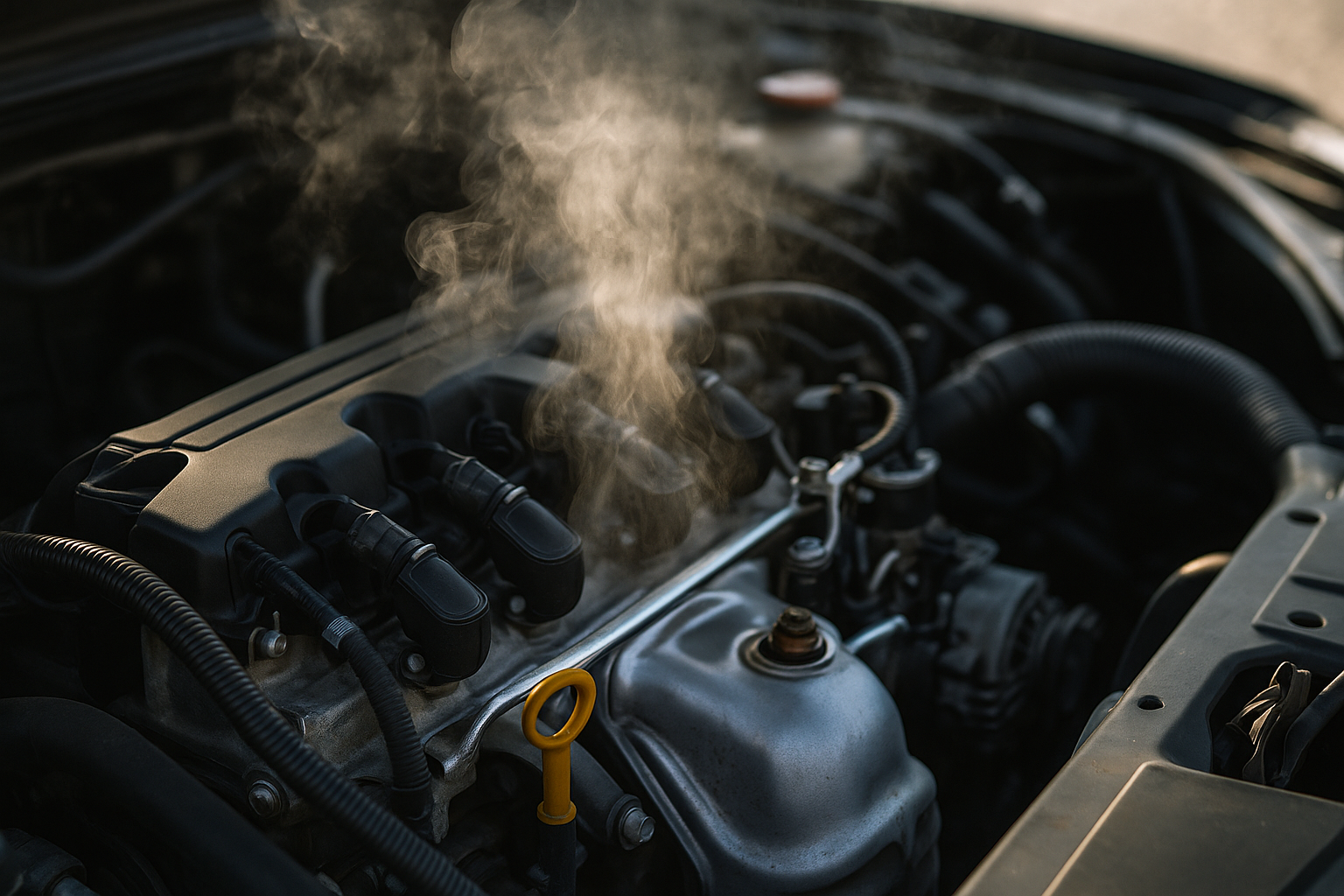
Modern vehicles are designed to be driven almost immediately after starting, eliminating the need for prolonged engine warm-ups. Idling for long periods wastes fuel and increases emissions. Instead, start your car and begin driving gently, allowing the engine to warm up under load. This practice not only conserves fuel but also reduces wear on your engine. During cold weather, using a block heater to pre-warm the engine can further enhance fuel efficiency. By minimizing idling and embracing efficient warm-up techniques, you contribute to better gas mileage and a healthier environment.
The Advantage of Trip Planning

Careful trip planning can significantly reduce fuel consumption. Combining errands into a single trip, avoiding peak traffic times, and using GPS to find the shortest routes are effective strategies for conserving gas. By reducing the number of cold starts and optimizing your driving routes, you can improve your vehicle's fuel efficiency. Additionally, carpooling and using public transportation when possible can further reduce your fuel expenses. Thoughtful trip planning not only saves money but also reduces your carbon footprint, making it a win-win for your wallet and the planet.
The Effectiveness of Advanced Technologies
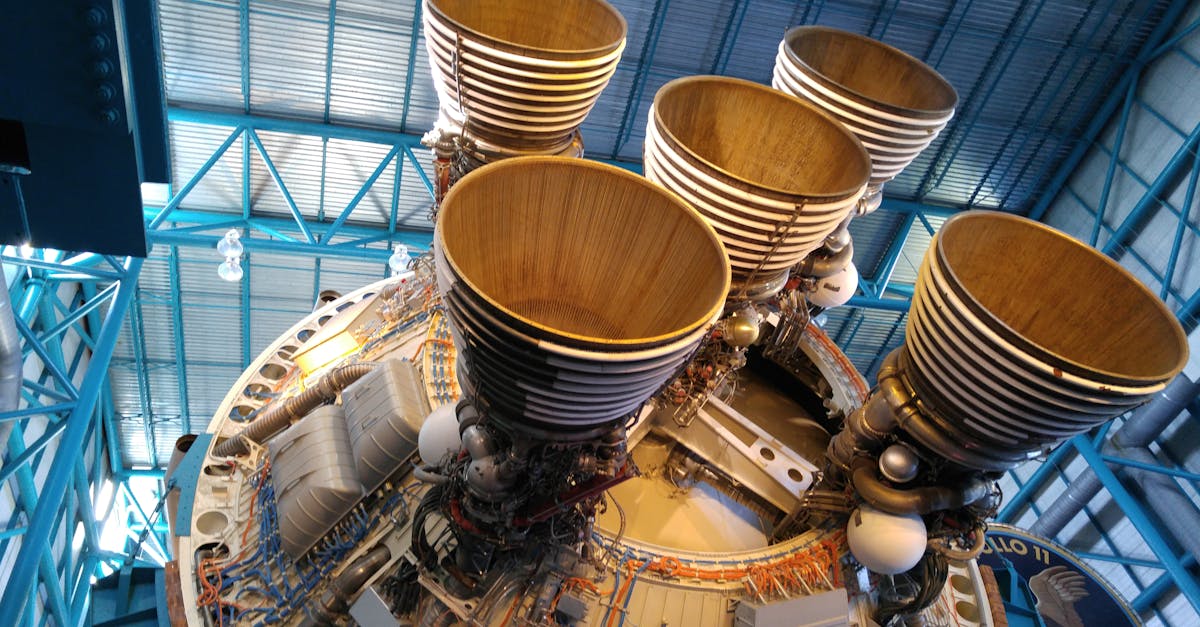
Embracing advanced vehicle technologies can lead to substantial fuel savings. Features such as start-stop systems, which automatically shut off the engine when idling, and regenerative braking, which recovers energy during braking, enhance fuel efficiency. Many modern vehicles also come equipped with eco-driving modes that optimize engine performance and transmission settings for better mileage. If you're in the market for a new car, considering a hybrid or electric vehicle can offer even greater savings. Staying informed about the latest automotive technologies ensures you're maximizing your vehicle's fuel efficiency potential.
A Journey Toward Efficiency
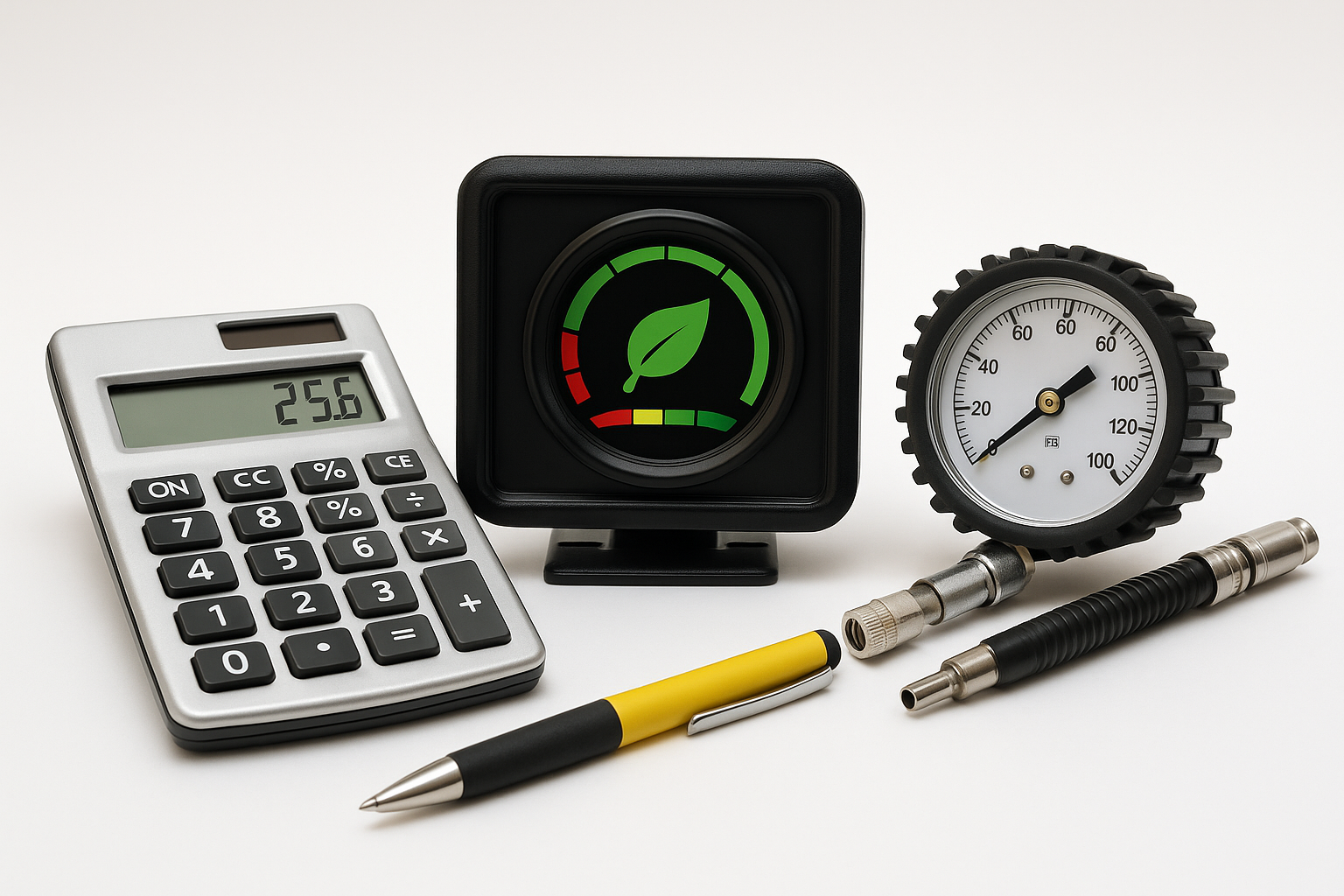
Improving your gas mileage is a multifaceted endeavor that involves a combination of maintenance, driving habits, and strategic planning. By implementing these nine little-known tricks, you can drastically enhance your vehicle's fuel efficiency, leading to significant savings at the pump. Beyond the financial benefits, these practices contribute to a more sustainable lifestyle, reducing your environmental impact. As you incorporate these strategies into your daily routine, you'll discover that small changes can lead to substantial results. Embrace the journey toward more efficient driving and enjoy the rewards of pumping and paying less.

